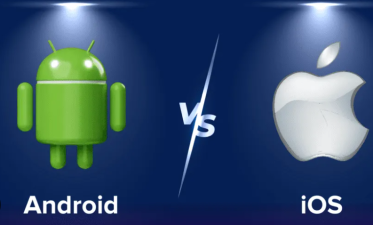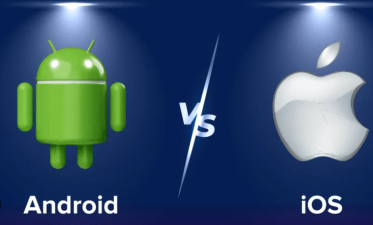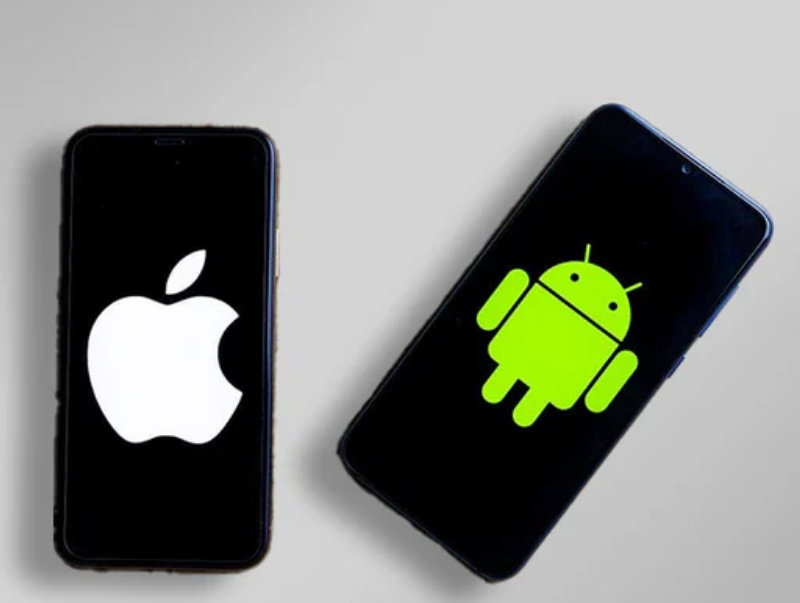
In the fierce competition in the global smartphone market, iOS and Android have consistently garnered significant attention.
Each boasts a loyal user base and has engaged in a years-long battle for market share.
Although Android currently leads in overall market share, iOS, with its superior user experience and ecosystem advantages, maintains strong competitiveness in the high-end market and in key regions. This battle for a 99.7% market share will undoubtedly remain a long-term focus for the tech industry.

► Market Competition Landscape
In the global smartphone market, iOS and Android have established a monopoly. According to the latest IDC data, the two operating systems together hold a staggering 99.7% market share, a figure that continues to climb. When choosing a new phone, users often waver between the two. iOS has won the hearts of many users thanks to its consistent operating logic and comprehensive ecosystem, while Android is favored for its flexibility and diverse device options. Notably, with the rapid development of artificial intelligence technology, Android's AI capabilities have gradually emerged, attracting the attention of new users.
► User Choice Factors
When choosing a smartphone, users often weigh the consistent operating experience of iOS against the hardware performance, price, and flexibility of Android. Android, in particular, demonstrates strong appeal in the development of AI capabilities. While iOS's operating logic and ecosystem are popular among many users, Android's flexibility and device diversity have also earned it a wide user base. Furthermore, Android's advantages in hardware performance and price make it more competitive across various consumer groups.

Ecosystem:
Apple's One-Stop Experience vs. Android's Diverse Choices
- Apple's iOS is known for its closed nature, resulting in exceptional system stability and smoothness. Once you enter the Apple ecosystem, seamless connectivity from iPhone to Mac, iPad, and even AirPods is a huge draw for users who value convenience and efficiency. However, this closed nature also means that in some areas, such as app selection and file management, you may need to adapt to Apple's methods.
- In contrast, Android's core competitive advantage lies in its openness and freedom. Android users can freely choose from a variety of themes, icon packs, and even modify the system UI to meet their personal needs. Furthermore, the Android app store boasts a wide variety of software, and many paid apps have free or open-source alternatives for Android. However, this also creates a problem: severe system fragmentation, with varying update speeds and system optimization across different phone brands and models.
- Apple's A-series chips are renowned for their powerful performance and energy efficiency. Combined with iOS system optimizations, these chips ensure exceptional performance and longevity for Apple phones. Even iPhones from several years ago maintain a great user experience after system updates.
